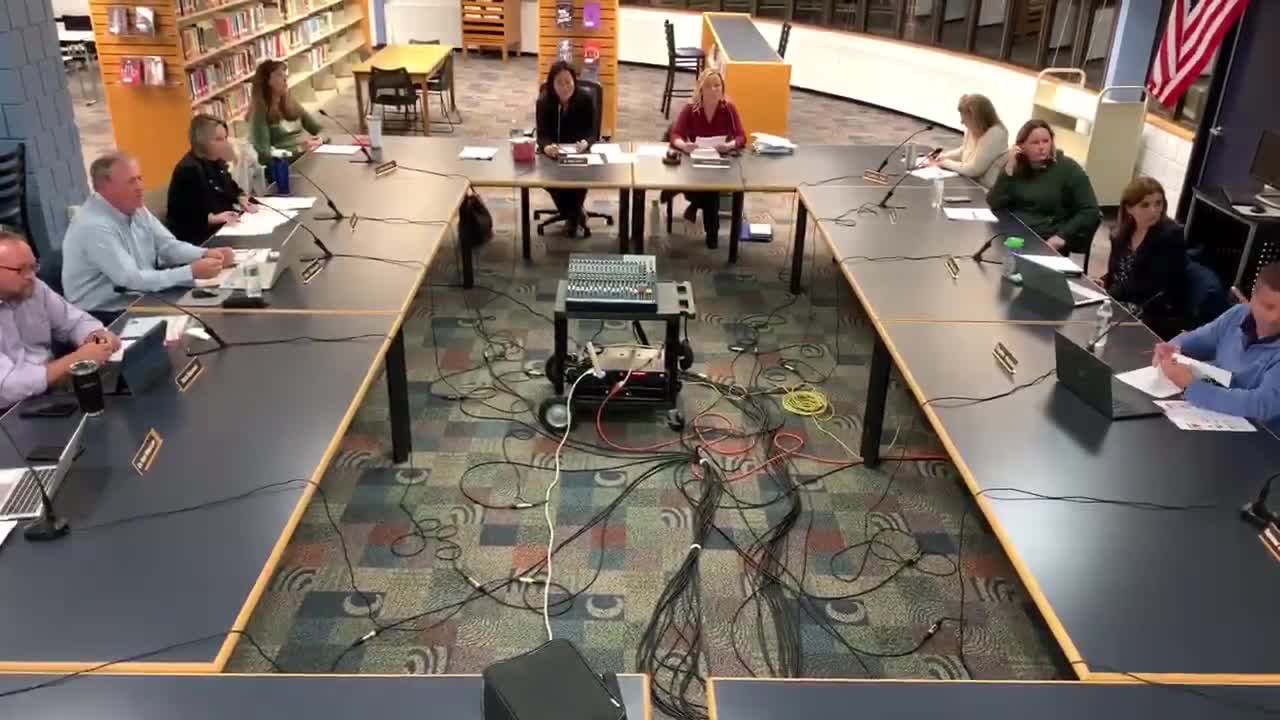Cromwell board debates using district surplus to fully fund new track; motion fails
Get AI-powered insights, summaries, and transcripts
Subscribe
Summary
Board members debated using the district's retained surplus to pay the remaining cost of a proposed replacement track. After lengthy discussion about process, precedent, and timing, a motion to fund the full amount from the board's surplus failed.
The Cromwell School District Board of Education spent more than an hour debating whether to use the district's retained surplus to pay the remaining cost of a proposed replacement track for Cromwell High School. The board discussed timing, precedent under the town's Capital Non-Recurring (CNR) process, and the fiscal risks of spending surplus funds during the school year.
Board member Steve Heisman moved to fund the full remaining cost of the track from the board's surplus. The motion was discussed but ultimately failed after the board did not record a second to proceed to a final, binding vote in the first instance and later reintroduced the motion and voted; the motion failed on the roll call put by the chair. The board did not record a full roll-call tally linked to named yes/no votes in the meeting minutes.
Supporters of expending surplus funds said acting now is the only way to secure the vendor's quoted price and order the surface in time. Claudio Pisano, who handled facilities questions during the meeting, told the board that the vendor would not hold its price into the new year: "The drop-dead date is December 15. They will not hold that price that they've given us into the new year," Pisano said, adding that the contractor schedules work on a first-come, first-served basis.
Opponents urged adherence to the town's agreed CNR process, stressing that large capital items were moved to the town-level CNR precisely to avoid using the education operating surplus for facilities work. Superintendent Doctor Macri warned about the administrative and legal consequences of overspending the board's budget and described the practical effect: "Statutorily, however, once the board of finance gives the money to the board of education, they cannot tell us how to spend the money," she said, and cautioned that the board's practice should avoid running the district into a position where expenditures must be frozen midyear.
Board members also debated the size and reliability of the current surplus. Finance staff described the budget forecast as subject to important variables that are still unresolved this fiscal year, including special-education costs and state reimbursement rates. Board members noted the town had previously offered $200,000 toward the project and that board members had discussed allocations from the district's retained surplus earlier in the CNR process.
After discussion, the motion to fully fund the track from the board surplus failed. Board members agreed to monitor the Board of Finance agenda and urged residents to offer public comment to the town if they want the expense reintroduced at the town level.
Ending: The board left open procedural options: members suggested asking the town board of finance to reconsider funding, scheduling a special board meeting if necessary, or revisiting partial-contribution options. No binding direction to staff to proceed with ordering the track was adopted.
